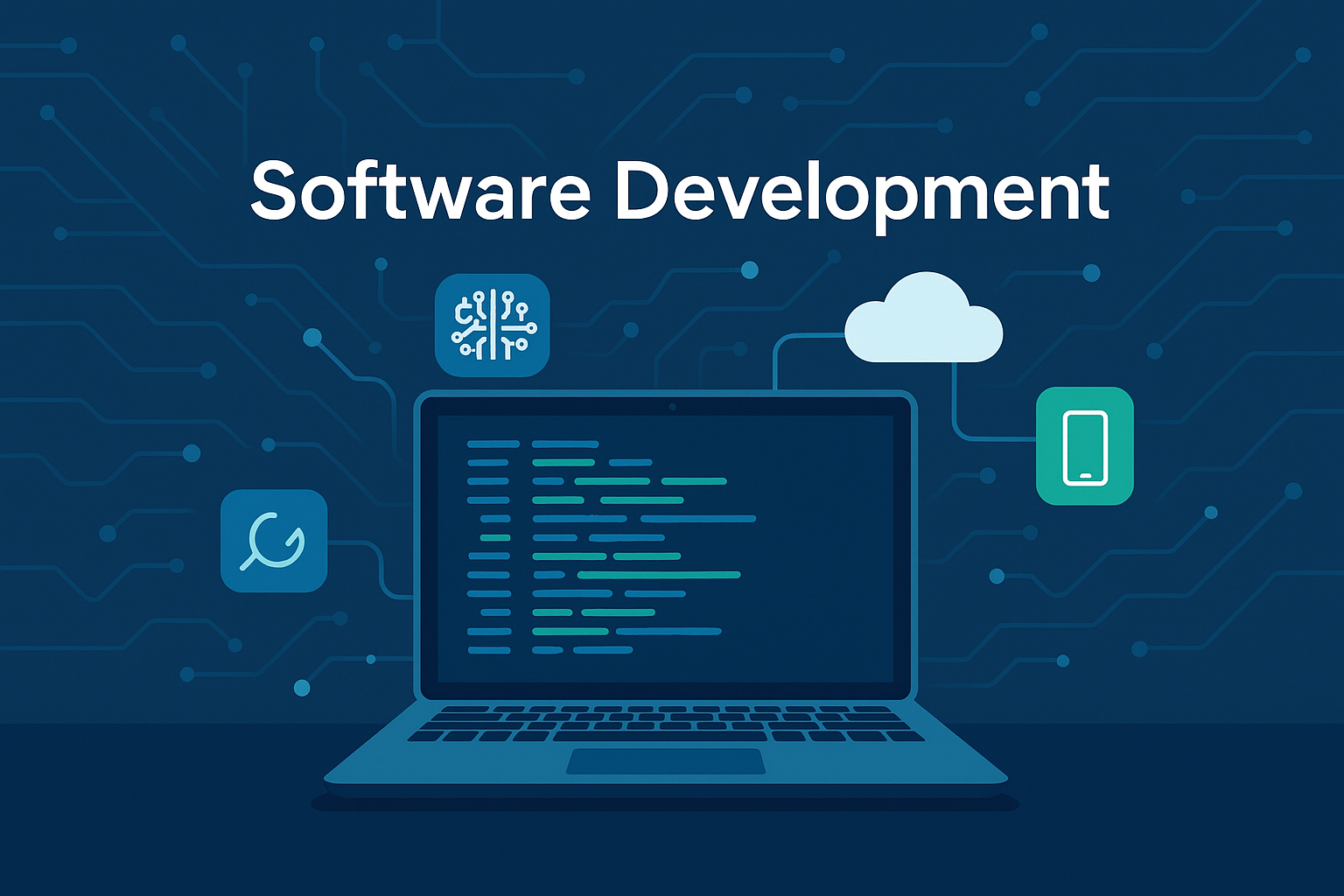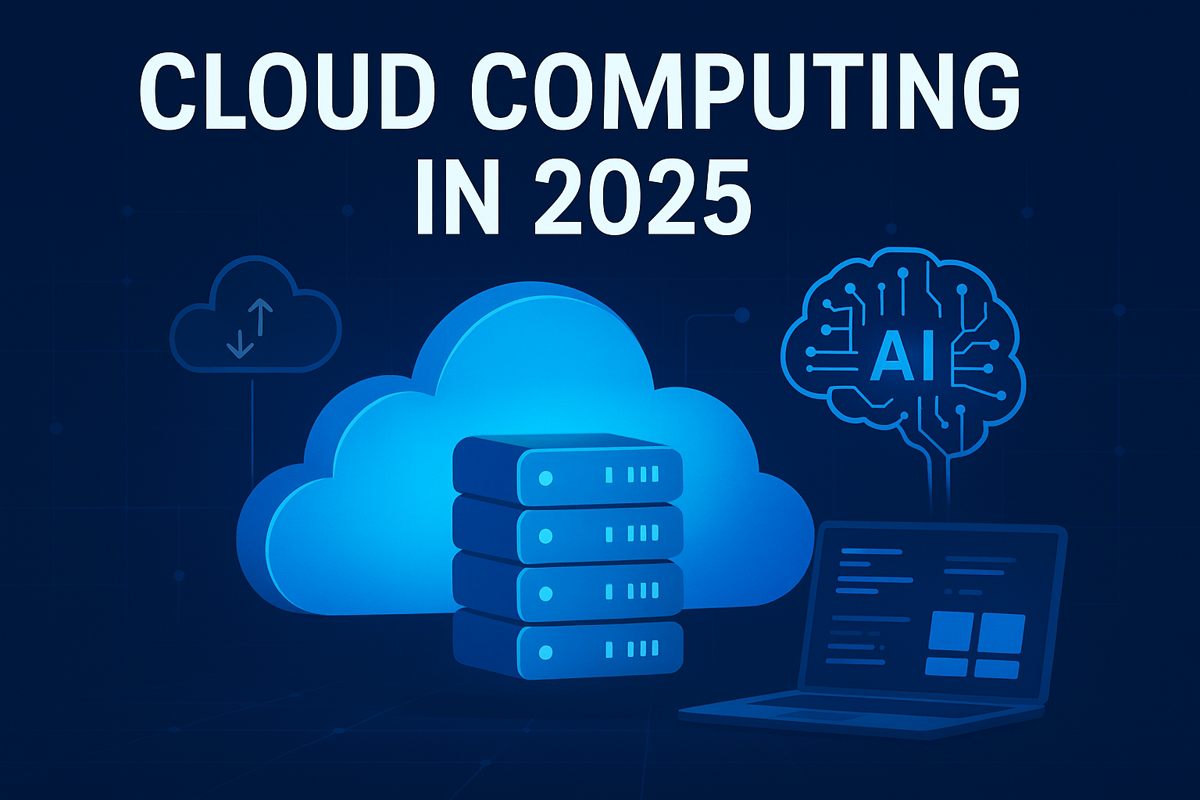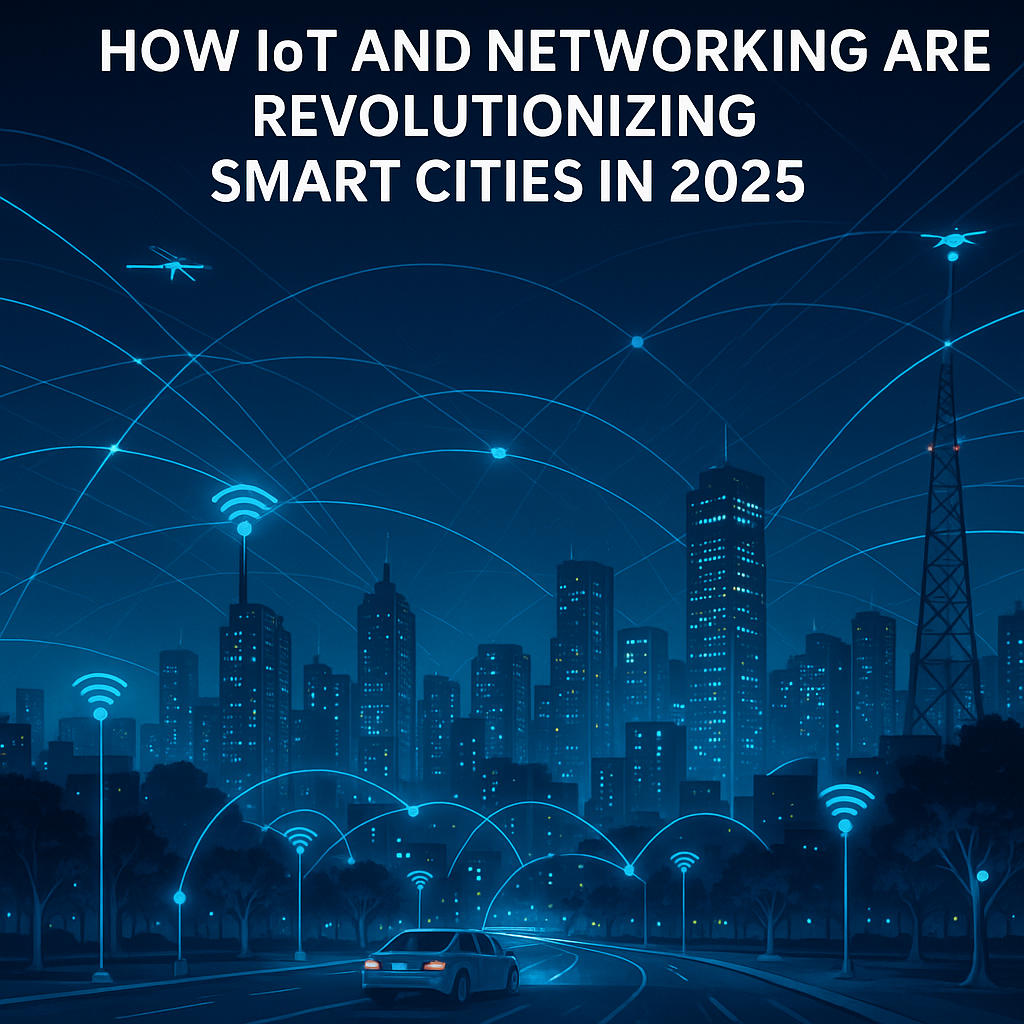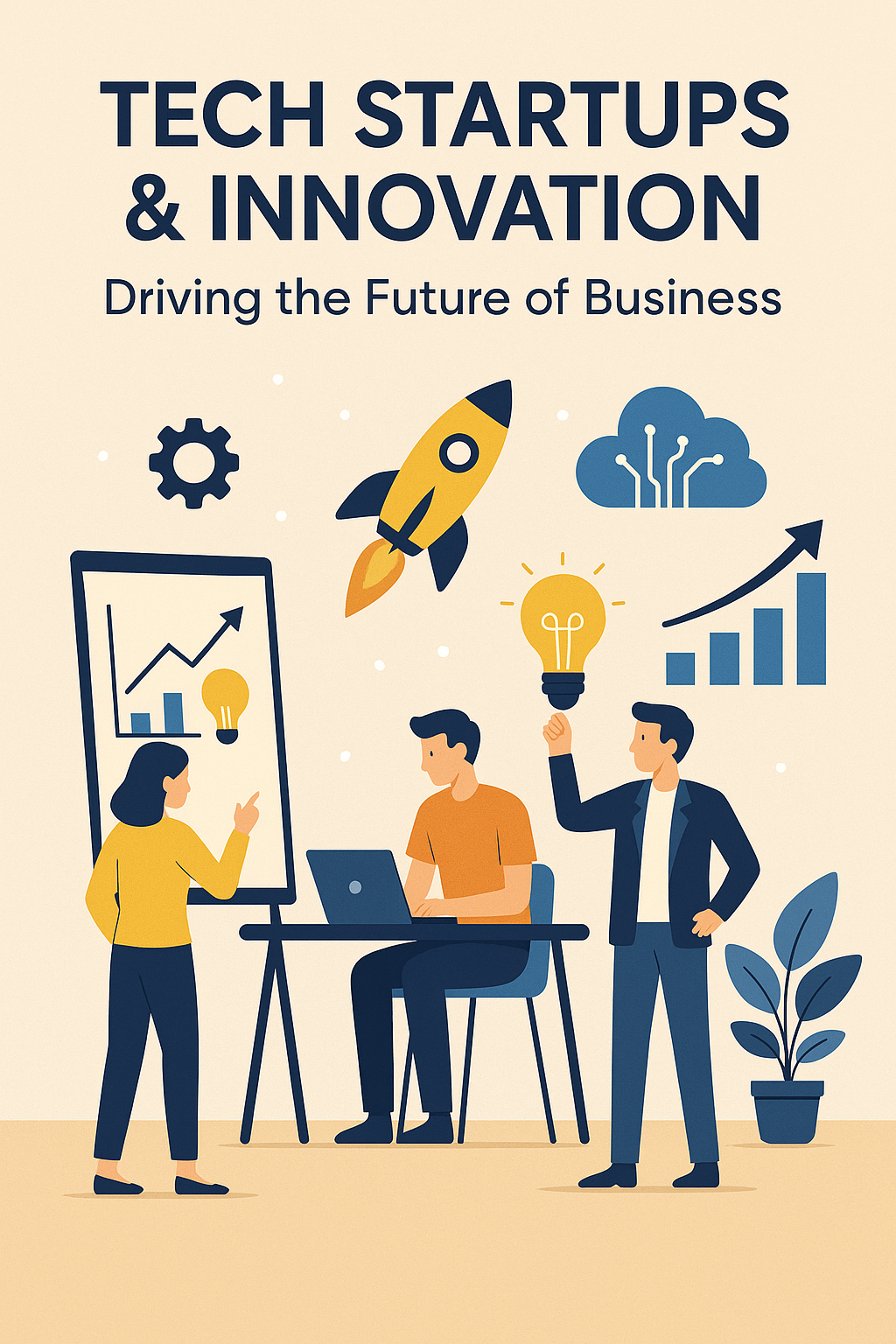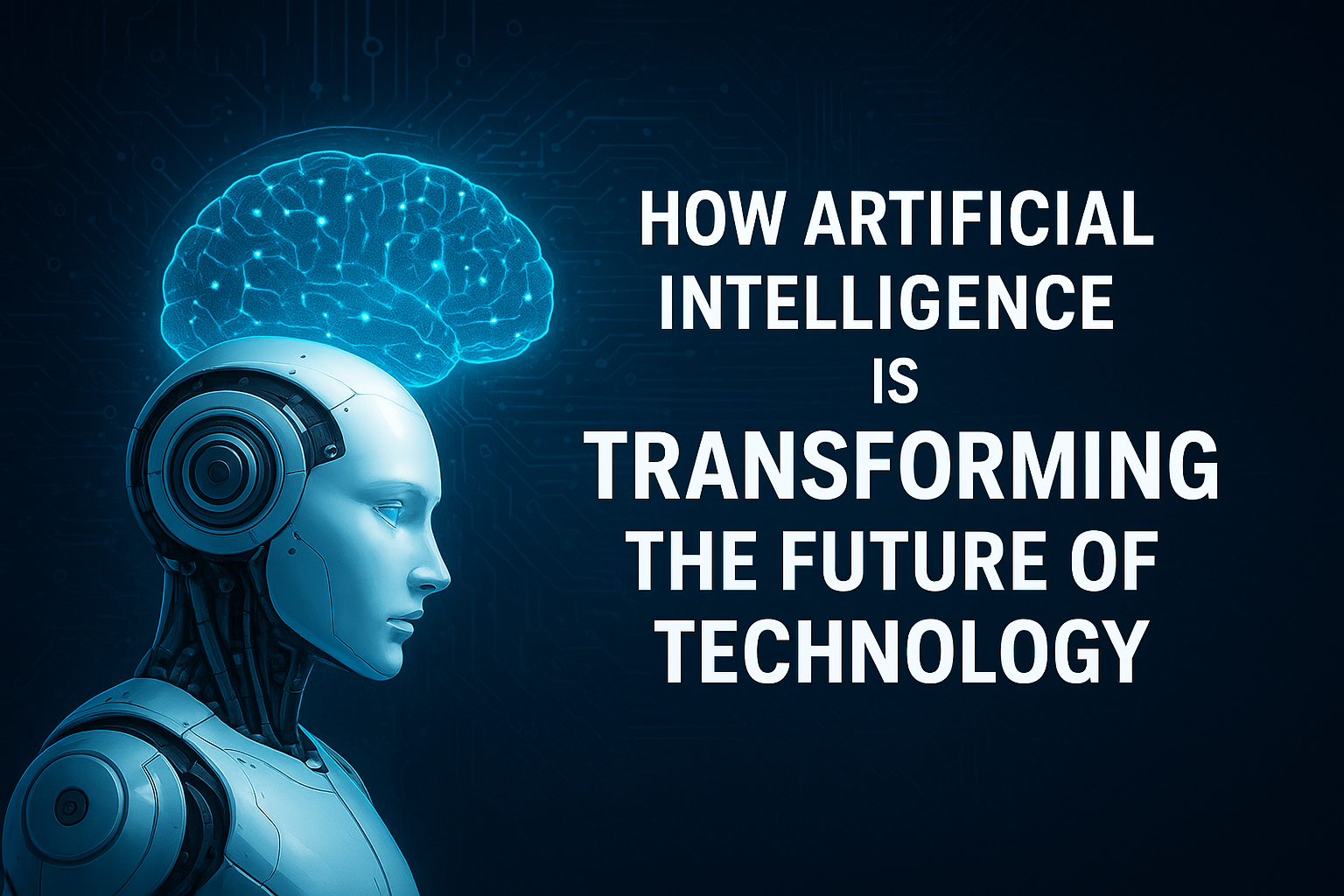
How Artificial Intelligence is Transforming the Future of Technology
Artificial Intelligence (AI) has transitioned from a speculative idea found in science fiction to a powerful catalyst for real-world innovations across multiple industries.
IntroductionArtificial Intelligence (AI) has evolved from a mere concept in science fiction to one of the most transformative forces of the 21st century
Introduction
Artificial Intelligence (AI) has transitioned from a mere element of science fiction to one of the most transformative forces of the 21st century. By enabling machines to learn, reason, and make decisions akin to human capabilities, AI is reshaping industries, driving innovation, and changing the way we live and work.
In recent years, the integration of AI into everyday life has rapidly increased, propelled by advancements in computing power, big data, and machine learning algorithms. From virtual assistants like Siri and Alexa to predictive analytics in finance, AI's impact is clear. Let's explore how AI is revolutionizing crucial sectors and the implications this holds for our future.
1. AI in Healthcare 🏥
The healthcare industry is among the top beneficiaries of AI. The synergy of machine learning, predictive analytics, and computer vision has led to the creation of powerful tools that improve medical outcomes and save lives.
Early Disease Detection: AI-driven systems can analyze medical images (X-rays, MRIs, CT scans) with a level of accuracy that matches or even exceeds that of human radiologists, enabling the early detection of conditions such as cancer, heart disease, and neurological disorders.
Personalized Treatments: By analyzing patient data, AI can propose tailored treatment plans based on an individual’s genetics, lifestyle, and medical background.
Robotic Surgeries: AI-enhanced surgical robots assist doctors in performing high-precision procedures, which helps minimize risks and enhances recovery times.
Virtual Health Assistants: Chatbots and voice assistants help patients with appointment scheduling, answer questions, and monitor basic health statistics.
Research suggests that AI could significantly lower healthcare costs while simultaneously improving patient outcomes on a global scale.
2. AI in Business 💼
Across various sectors, businesses are adopting AI to gain a competitive advantage, streamline operations, and enhance customer experiences.
Automation: AI automates routine tasks such as invoice processing, responding to customer inquiries, and managing supply chains.
Chatbots & Customer Support: AI-powered chatbots provide round-the-clock support, reducing wait times and enhancing customer satisfaction.
Predictive Analytics: Businesses leverage AI to analyze market trends, predict demand, and identify risks. For example, AI can assist retailers in forecasting consumer behavior and recommending products.
Fraud Detection: Financial institutions use AI to spot unusual transaction activities, helping to minimize fraud.
The use of AI in business is increasingly seen as a necessity for survival in an intensely competitive digital arena.
3. AI in Transportation 🚗✈️
The transportation sector is undergoing a profound transformation, driven by AI innovations.
Self-Driving Cars: Autonomous vehicles utilize AI to interpret real-time data from sensors, cameras, and GPS, improving both safety and efficiency in driving.
Traffic Management: AI systems optimize traffic signals, forecast congestion, and reduce travel times in urban settings.
Logistics Optimization: Delivery services like UPS and FedEx incorporate AI to enhance route planning, decrease fuel consumption, and expedite deliveries.
Aviation & Railways: AI aids in predictive maintenance for aircraft and trains, helping to prevent breakdowns and delays.
By 2030, AI-driven transportation could significantly lower road accidents and emissions, leading to smarter and safer urban environments.
4. AI in Education 📚
The education sector is embracing AI to create personalized and interactive learning experiences.
Smart Tutors: AI platforms function as digital tutors, offering immediate assistance and customized explanations.
Adaptive Learning: AI adjusts lesson difficulty based on student performance, ensuring that no learner falls behind.
Automated Grading: Educators can save significant time by using AI to evaluate assignments and examinations.
Virtual Classrooms: AI-enhanced tools have made remote learning more engaging through simulations, quizzes, and gamified lessons.
AI is making education more inclusive, accessible, and tailored to individual learning needs.
5. Ethical Considerations ⚖️
Despite the considerable advantages AI offers, it also presents significant ethical challenges that must be addressed.
Data Privacy: AI systems rely on extensive amounts of personal data, raising concerns about potential misuse and security vulnerabilities.
Job Automation: A significant number of repetitive and manual jobs are being automated by AI, leading to fears about unemployment and income inequality.
Bias & Fairness: If AI is trained on biased data, it may perpetuate existing inequalities in hiring, lending, and law enforcement.
Responsible AI: Governments and companies need to establish guidelines to ensure the ethical and transparent use of AI technologies.
The future of AI greatly depends on its responsible development and application.
Conclusion 🌍
Artificial Intelligence is not just another technological trend; it represents the foundation of our digital future. Its ability to learn, adapt, and tackle complex challenges positions it as a transformative force across various industries.
From remarkable advancements in healthcare to innovations in business, smarter transportation, and customized education, AI is redefining what is possible. However, we must also find a balance between innovation and responsibility to ensure that AI benefits everyone while minimizing risks.
As we embark on this journey into the AI era, its impact will undoubtedly grow in the coming years.
